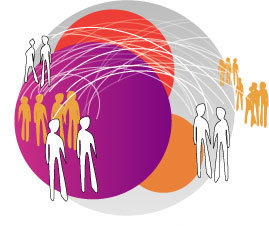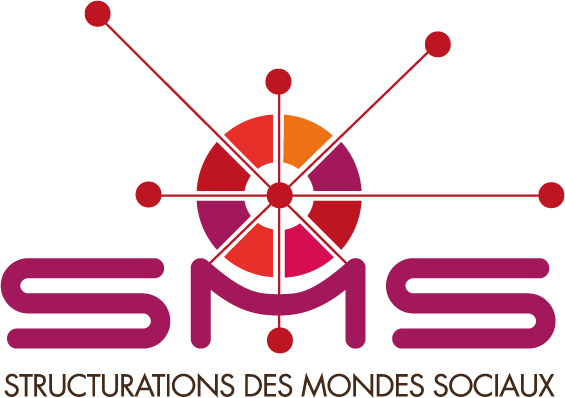-
Partager cette page
Humanities
 Research Group 11, "Humanities" (coordinators Jean-Christophe Goddard and Guillaume Sibertin-Blanc) brings together research in the field of philosophy and letters with the social sciences. Its first result is the bringing together of scholars in history, social anthropology, political philosophy, and literature and arts in Toulouse, in order to work on the memory of social and political violence, on gender and racial minorities, and indigenous, colonial and post-colonial minorities.
Research Group 11, "Humanities" (coordinators Jean-Christophe Goddard and Guillaume Sibertin-Blanc) brings together research in the field of philosophy and letters with the social sciences. Its first result is the bringing together of scholars in history, social anthropology, political philosophy, and literature and arts in Toulouse, in order to work on the memory of social and political violence, on gender and racial minorities, and indigenous, colonial and post-colonial minorities. This collective dynamic has resulted in federating several existing programs of five CNRS member research centres, such as CAPES-COFECUB Mémoires de l'esclavage [Memories of slavery] (FRAMESPA/LISST), a seminar "Littérature et philosophie [Litterature and philosophy]" (ERRAPHIS), and the management of the program at the Collège Internationale de Philosophie [International Philosophy College], into an interdisciplinary seminar. In academic terms, this convergence resulted in sharing and transposing methodologies and concepts about approaches to minority social worlds, such as the crisis of the social bond in situations of oppression, disaffiliation, and intra- and inter-community conflict.
The second result is the increased interaction within a platform (CRISO) for cooperation between scholars and the socio-economic actors of the Midi-Pyrenees region, promoting action research programs at the doctoral and post-doctoral level in Letters, Arts and Philosophy such as one on hospital reception and care (CHU Toulouse) (subjects: Arts and Gerontology, Practices and Spaces of Treatment; Eating Disorders; Arts and Disability).
The third result is the development of two databases (Bibliotheca Tholosana, and Géolocalisation des Données en langues régionales [Géodolar] [Geolocalisation of data in regional languages]) that work to preserve collections of Toulouse’s heritage that are scattered throughout European archives. These projects and the dissemination of their findings have resulted in, for example, research on the reconstruction of cultural networks on which the First Modernity in the region was based, and the study of the role of those cultural networks in the French and European cultural processes in this period.
